Is The Border Safe? Armed Militia Leader Hunting Undocumented Immigrants Is Excited For Trump
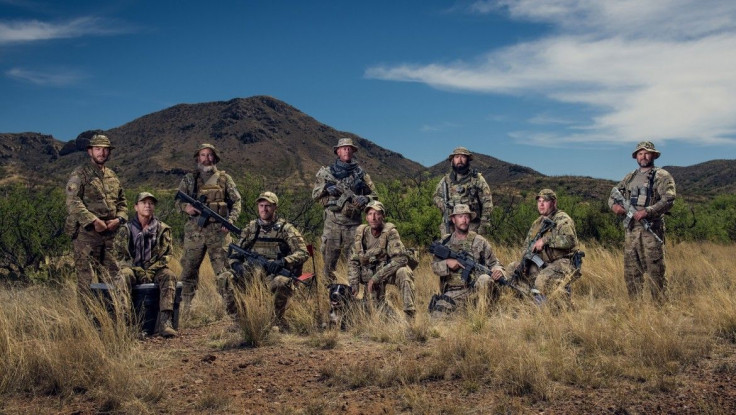
SASABE, Arizona -- Tim Foley lights his cigarette in a drab and musty abandoned home near the U.S.-Mexico border, where he spends his days and nights hunting for drug traffickers and undocumented immigrants. His desktop PC shows an aerial satellite map of the region with a red, vein-like web of the secret paths and trails that he's spotted Mexican cartels using to send hundreds of pounds of heroin, cocaine, methamphetamines and marijuana right through his backyard and into the United States.
"Off the grid" is an understatement to describe the life Foley leads. The 57 year old lives in a rundown shell of a home in a ghost-town — population: 6 — over an hour away from any sort of decent cellular service, grocery store or bar. Most buildings and houses in Sasabe are abandoned, leaving the only operable entities in a 40-mile radius: a small post office, a gas station used by Mexican citizens who travel across the border to avoid paying their country’s higher gas prices and multiple U.S. Customs and Border Protection checkpoints.
Foley cut up his credit cards years ago and can barely afford groceries, let alone utilities; he lives without lighting, gas, Wi-Fi, cable television and other typical staples of an American home. Repo men once threatened to take his decade-old truck when he failed to make car payments, only to stop contacting him after multiple failed attempts to locate his address.
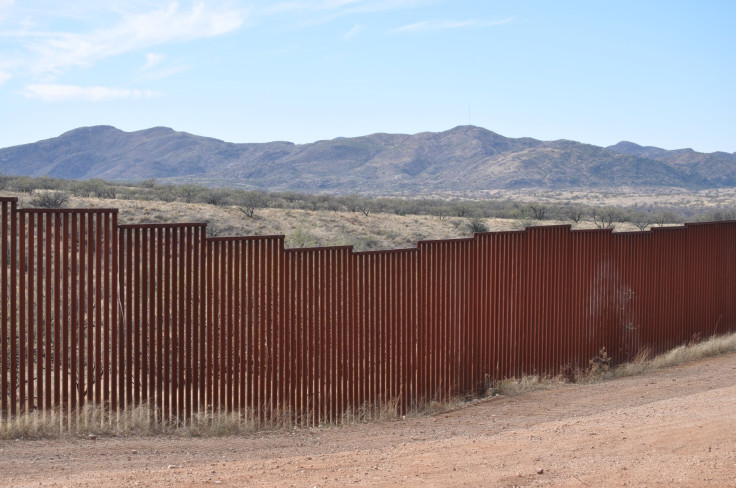
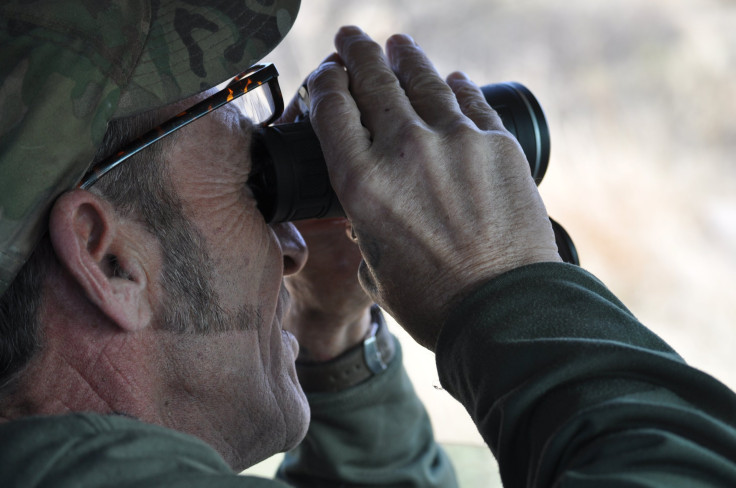
He is using up the last of his pension and retirement funds — but thanks to President Donald Trump, the 57-year-old is confident he could be at the forefront of a new line of business: private security contracts securing the U.S.-Mexico border.
"I came down here to protect our nation's border," Foley said. "I told myself I wouldn’t leave until it was secured."
A devastating year brought Foley to the desert. He lost everything almost overnight in 2008, when he went from managing commercial construction sites in Phoenix, overseeing teams of nearly 100 men building the burgeoning city's high-rises while earning over $80,000, to making roughly $12,000 annually after his company nearly went bankrupt.
He wasn't alone: Arizona’s construction industry was among the hardest hit in the nation by the downturn that year. Roughly 250,000 construction jobs were lost and only half have been recovered since, as the state’s home-building operations have faltered significantly in recent years — a trend that has played out across the nation.
Meanwhile, the estimated number of unauthorized immigrants working in the U.S. labor force continued to soar to more than 8 million by 2007 — over five percent of the total workforce. For every five U.S.-born construction and extraction workers in 2012, at least 15 unauthorized immigrants worked in the industry as well, according to the Pew Research Center.
Studies indicate unauthorized workers have "little to no effects" on long-term American wage and employment rates. But concern over illegal immigration damaging the U.S. economy helped fuel Trump's successful 2016 presidential campaign, with many voters won over by his promises to build a wall along the border and make Mexico pay for it, limit visas for foreign workers and help blue-collar Americans keep their jobs.
Pushed out of the building business and priced out of Arizona's bustling metropolis, Foley hit the road in search of new career opportunities, hoping to utilize his military background and interest in national security. At 51 he was too old to join Customs and Border Protection, per the agency's federal guidelines, but he wanted to do something about the undocumented immigrants he said had stolen jobs from hardworking Americans in his industry.
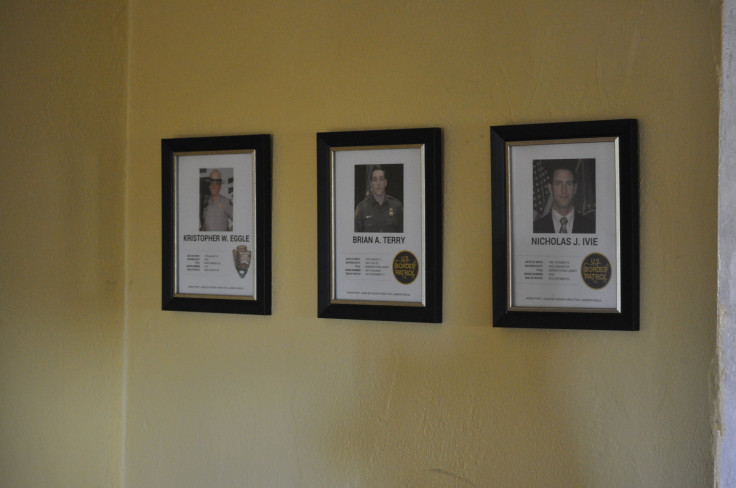
During a weeklong visit to the border, Foley stayed with a militia he'd connected with online. The group captured dozens of drug traffickers shipping millions of dollars into the U.S. each week, rounding them up and either calling Customs and Border Protection to detain them or bringing them to checkpoints in trucks themselves.
"Witnessing the government’s asinine inability to prevent millions of dollars of dope from coming in through the border was what initially led me to want to do something," Foley said.
The militia eventually dispersed, leaving Foley with the border home that, at the time, lacked electricity and hot water and was infested with scorpions and rats. Instead of leaving, the former construction worker built onto the home, turning it into the current base for his group, Arizona Border Recon. Foley began inviting men and women he met online through his militia connections to patrol the border with him in 2010, eventually creating an established team of over 200 volunteers across the U.S.
Some of the members of Arizona Border Recon have military backgrounds, while others are holding a gun for the first time when meeting Foley near the border. The group is made up of current and former veterans, police officers, federal employees and civilians who want to protect the border from drugs and illegal immigration.
"One is even transgender," Foley said.
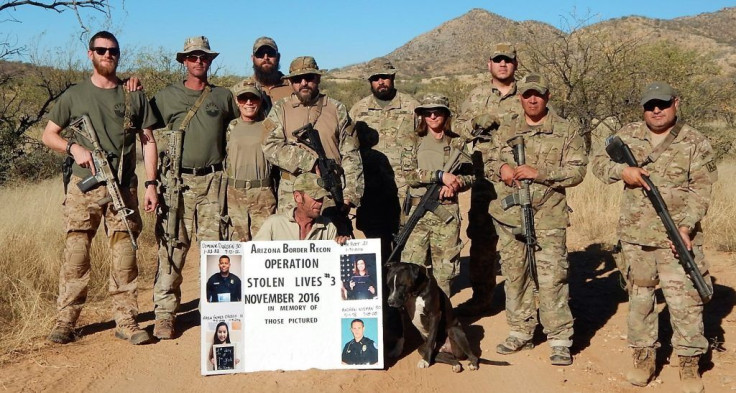
One memory stays with Foley as he patrols the unsecured, desert-region of the border right in his backyard. It's from a disturbing moment during one of his first experiences with his newly created militia. Over their radio scanners set to pick up on local cartel activity, Foley and his volunteers heard that an Ecuadorian teenager had been gang-raped by a pack of "drug mules." The young girl, who was likely promised safe entry and a decent life on the other side of the border, was instead left to die in the middle of the desert by cartel members who continued on their way.
Now, with Trump set to take office Friday, Foley said there's money to be made as a private security organization along the border.
"The federal government uses private contractors for just about everything else: military, defense, construction... It will probably use private contractors to build Trump’s wall," Foley said. "And it’s going to need people right here on the border who know how to secure that wall. Not some border agents who have to commute hours a day and rely on high-tech to do anything."
"Customs and Border Protection isn’t doing anything to keep the border secure or the country safe at the moment," Foley added. "They need us."

Foley said he interacts with Customs and Border Protection on a daily basis, providing them coordinates for drug cartel activity, zones of the border where human and drug trafficking is increasing.
"I have all this information, all this data, all this proof that Customs and Border Protection doesn't," Foley said. "And I'm willing to share it with anyone who wants it: the federal government, C.B.P., Trump... They know it's here, but nobody wants to do anything with it at the moment."
When border protection agents spot Foley along the border, they treat him as if he's a distinguished veteran agent with a trained-eye for security most could only dream of attaining. Agents clamor over Foley, stopping him and his dog on dirt paths and asking where he's seen or heard cartel activity in recent days.
Depending on the agent, Foley will describe what he's seen: "Some of them genuinely want to have an impact in keeping the border secure," he said. "Others, as I like to call them, are body decoys: they're not good for anything other than sitting in their car and driving from checkpoint to checkpoint."
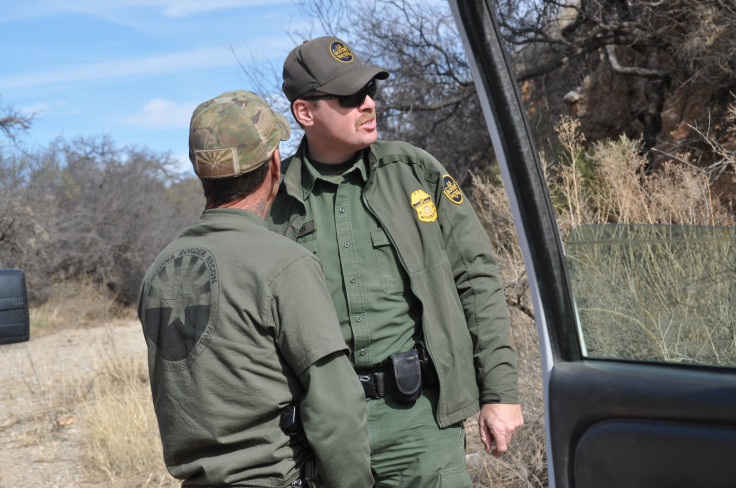
What Customs and Border Protection has that Arizona Border Recon severely lacks, however, is funding. Taxpayers spent nearly $90 billion in securing the U.S.-Mexico border from 2000 to 2010, as rates continue to soar above $12 billion in 2013 alone. The average border agent reportedly makes $75,000 annually. Meanwhile, Arizona Border Recon garners roughly $200 a month in donations, using the group’s website to call on volunteers for supplies like car parts and military gear.
Foley has poured his life’s savings into his organization, investing nearly $120,000 in Arizona Border Recon's operating funds, including camera and tracking equipment, trucks, housing, fuel and, of course, weapons.
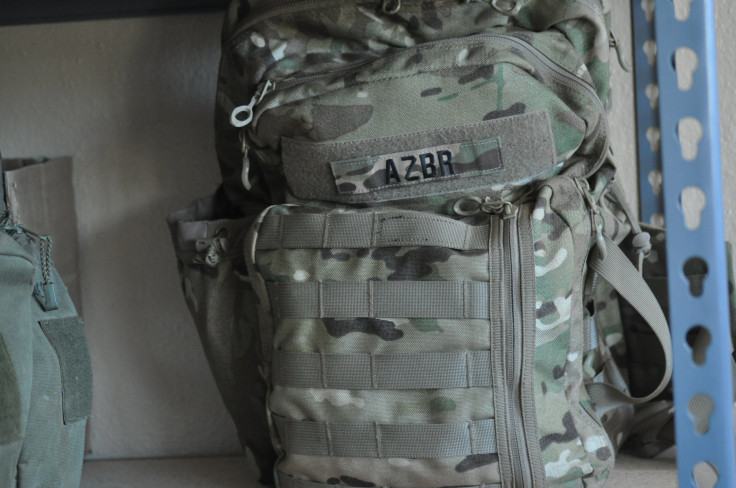
He collects hours of footage of traffickers carrying 40 to 60-pound bags of drugs on their backs, using the same trails sometimes twice a day to take their nearly four-day long trips back and forth across the border. Between 20-30 volunteers partake in each of Arizona Border Recon's "operations," trips that last for days in the dry and vast Arizona desert. Each operation is named after Americans killed by undocumented immigrants who repeatedly gained entry into the states, even after committing violent felonies.
"Thanks to Trump, America is finally waking up to the real border crisis taking place, which could mean for some big changes coming our way," Foley said. "I'm just hoping Arizona Border Recon gets a slice of the pie in fixing the problem."

© Copyright IBTimes 2024. All rights reserved.






















